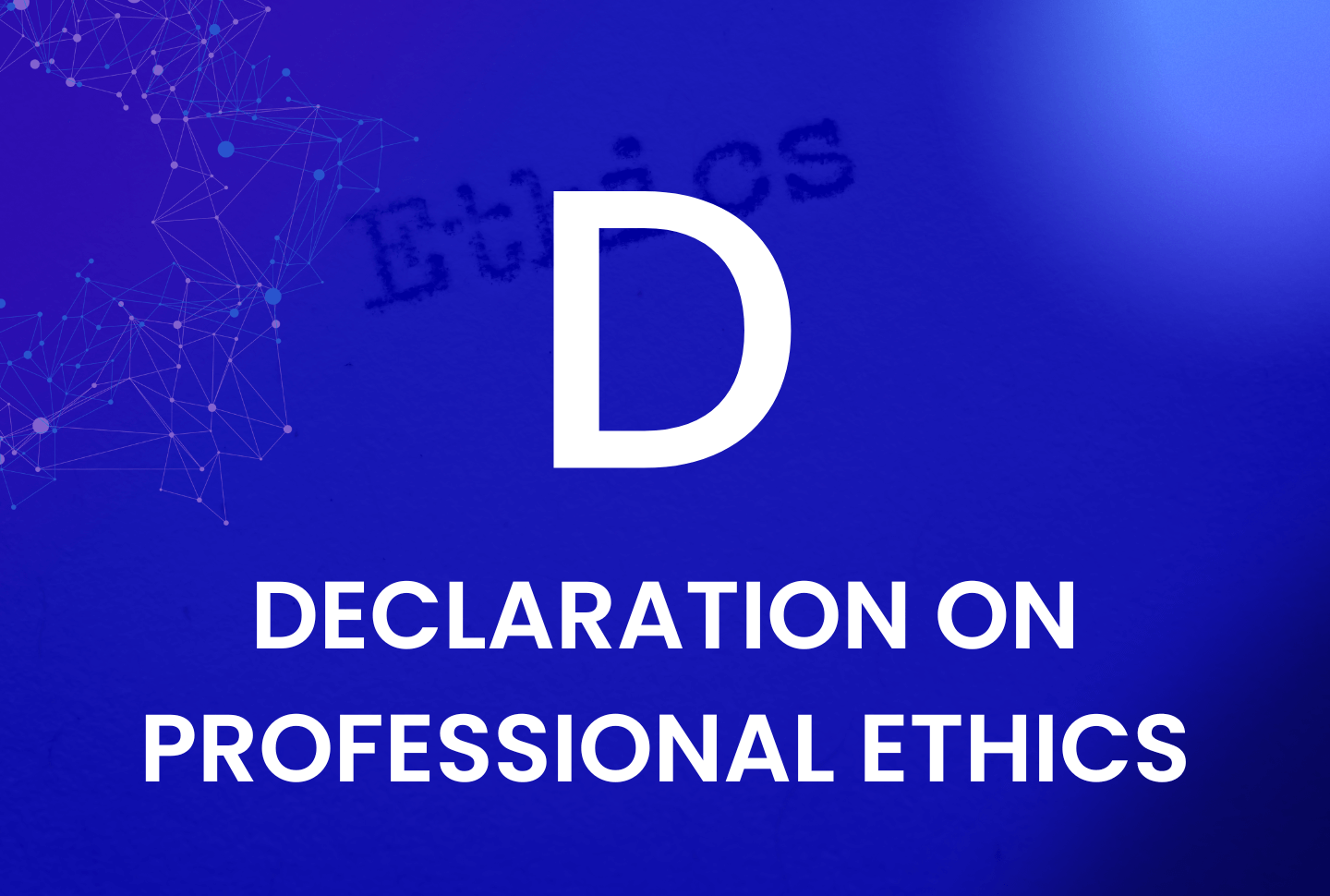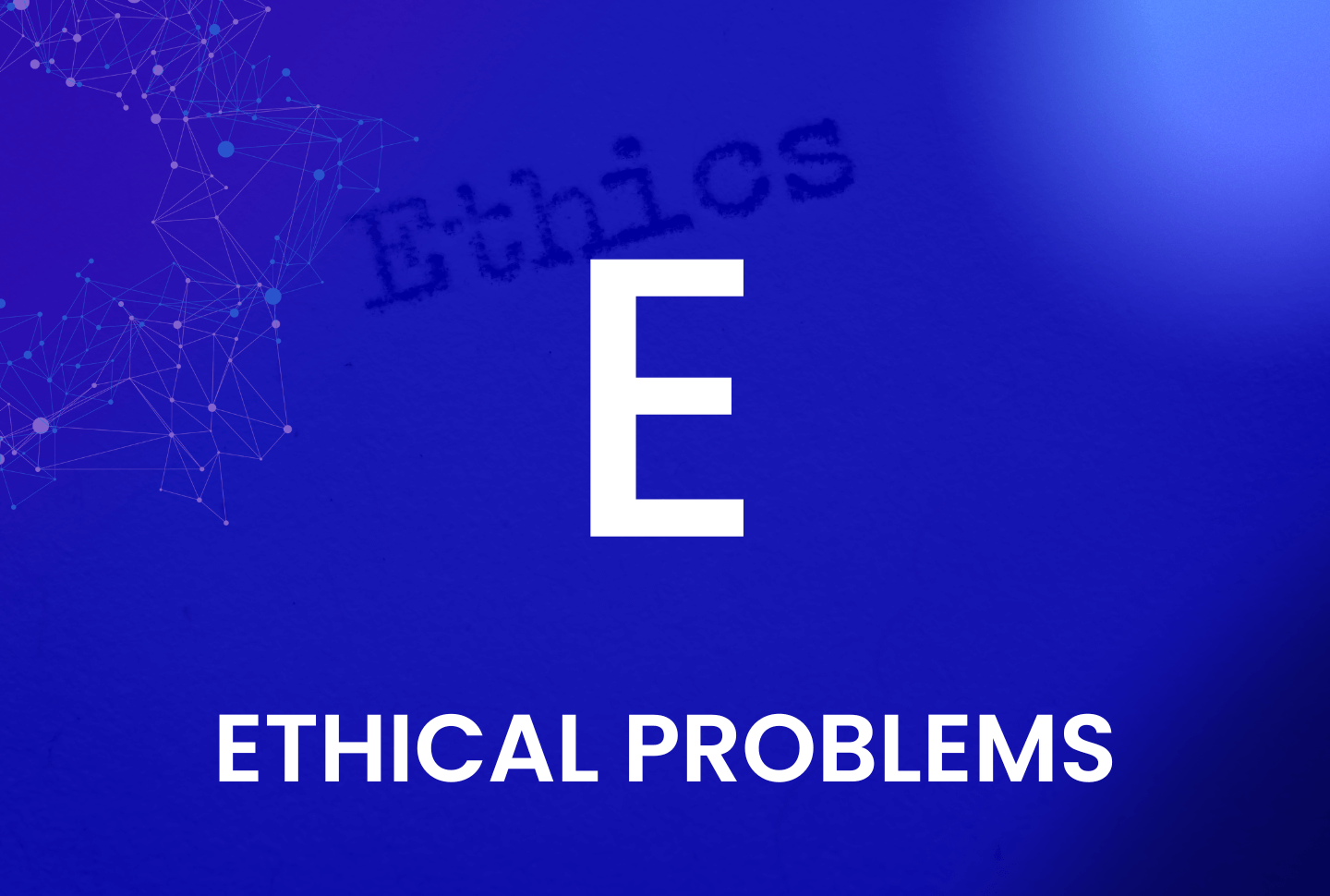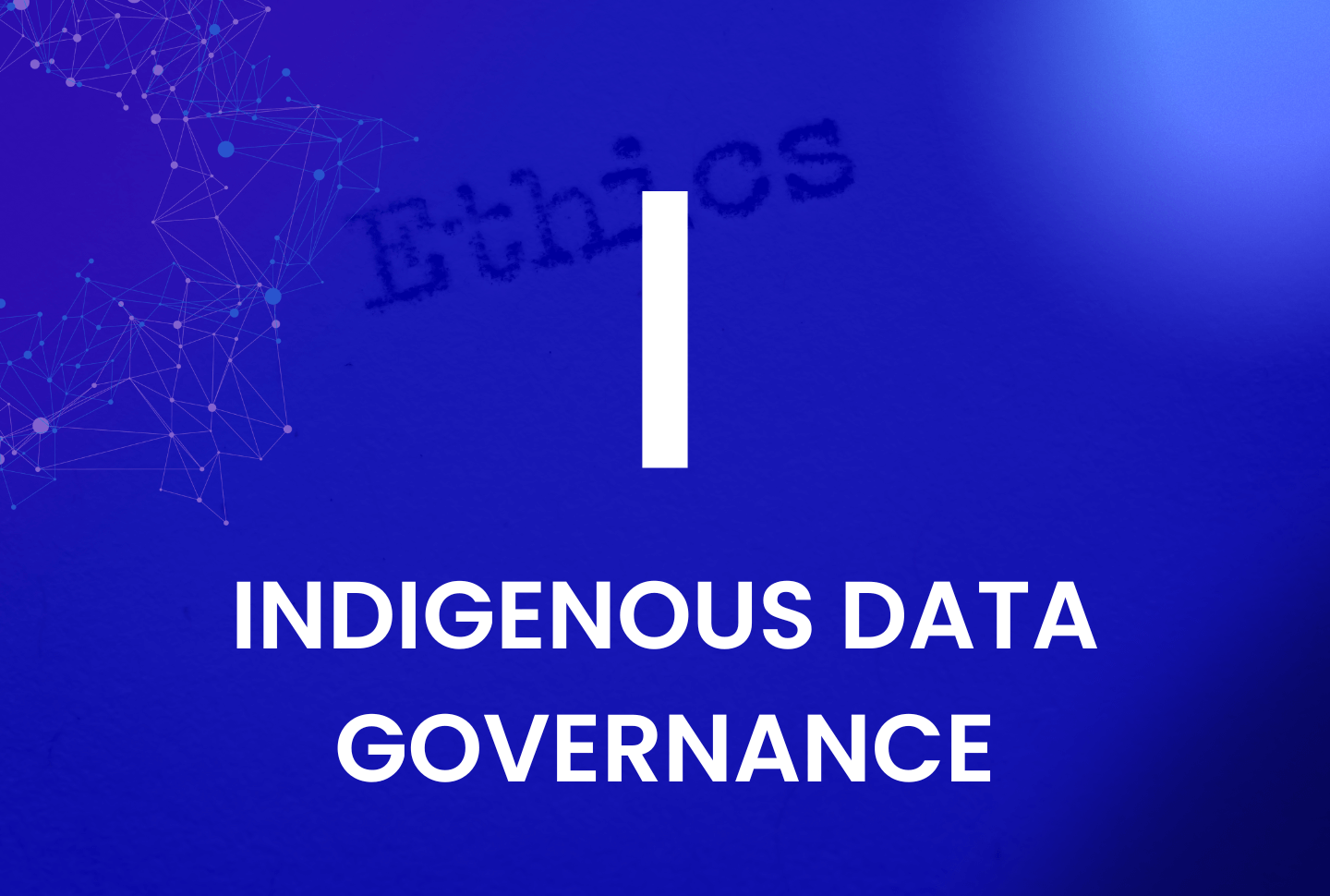Ethical values in statistics include professionalism, which goes far beyond methodological competence. For example, the ISI Declaration on Ethics states: ‘We use our statistical knowledge, data, and analyses for the Common Good to serve the society.’ It is therefore not least a matter of ensuring that statistics are fit for this purpose. Consequently, statisticians must deal with what the common good is and who is allowed to prioritise and decide in the case of conflicting interests.









